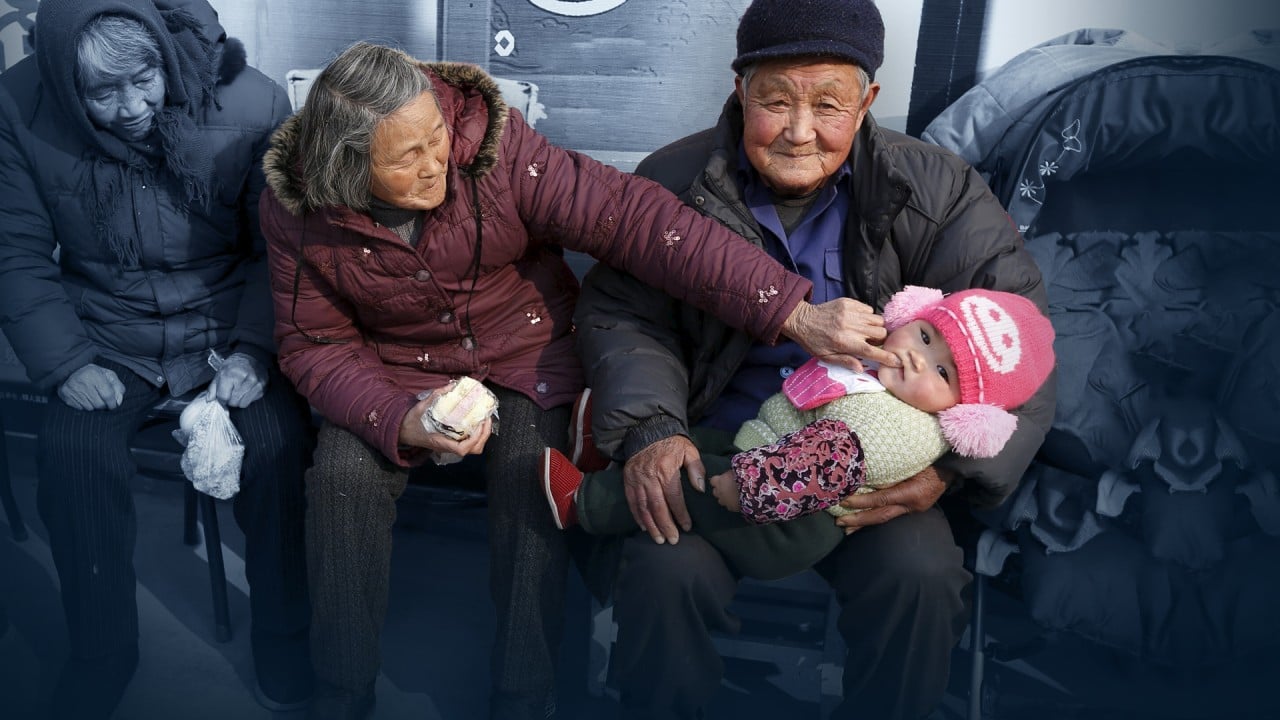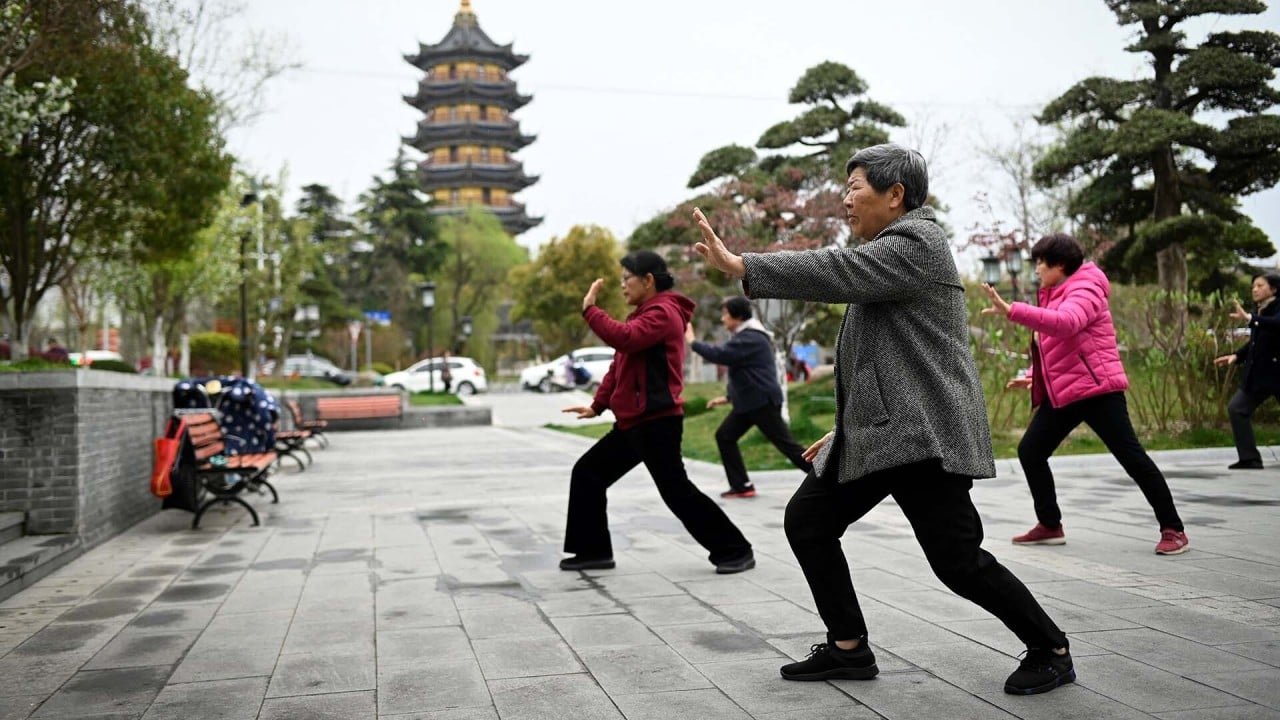
‘Obesity paradox’: study of elderly Chinese finds higher BMI linked to lower mortality
- Team suggests higher body mass index may indicate a person has better nutrition and this benefit potentially outweighs harm of being overweight, but further study is needed
- Research focuses on Chinese people aged 80 and over and results may not apply to other age and ethnic groups, such as those in Western countries: paper
“The obesity paradox suggested that the optimal BMI was likely to be sensitive to age and may be around overweight or mild obesity for the oldest old,” the team wrote in a study published in the peer-reviewed Nature Ageing journal on Monday.
“It challenges the application of international and national guidelines on optimal BMI to this population,” said the scientists from the Chinese Centre for Disease Control and Prevention and health researchers at universities in China and the United States said.
“More attention should be paid to adequate nutritional support and prevention of underweight, and the maintenance of optimal body weight and body composition in the oldest old to promote healthy ageing.”
The BMI formula is a ratio of weight to height-squared used to determine whether a person is in a healthy weight range. The World Health Organization rates a BMI over 25 as overweight and over 30 as obese.
The researchers in the China study said the existing recommendations of healthy BMI were based mainly on evidence from young and middle-aged populations and did not sufficiently represent people aged over 80.
China can learn from Omicron to protect the elderly: health expert
The research is based on the Chinese Longitudinal Healthy Longevity Survey covering people from 23 provinces and including similar numbers of men and women. Among the 27,000 participants – with an average age of 93 – some 47 per cent were underweight, 42 per cent were normal weight, 8 per cent were overweight and nearly 3 per cent were obese, according to the study.
The team acknowledged that the BMI of the participants was relatively low, similar to other Asian populations, and that the role of obesity in adverse health outcomes needed to be further explored.
Follow-up surveys from 1998 to 2018 recorded around 22,200 deaths, of which 77 per cent had a documented cause of death. Nearly 14 per cent died of cardiovascular disease and the rest of other causes.
The researchers found the risk of mortality, particularly from non-cardiovascular disorders, decreased with increasing BMI values. They also observed a similar inverse association in waist circumference, a measure of abdominal obesity more sensitive than BMI.
“One possible explanation for the inverse association of BMI with mortality is that overweight and obesity may be an indicator of better nutritional status and that the benefits of better nutrition outweigh the harms caused by higher BMI.
“After the age of 60 years, body weight on average tends to decrease, and lean body mass contributes more to weight loss; this may explain why weight loss dramatically increased mortality risk,” they said.
The team said the study focused on Chinese people aged 80 and over and the results might not apply to other age and ethnic groups, such as those in Western countries.
China vows to tackle ‘insufficient’ elderly care as ageing crisis worsens
In an accompanying commentary also published in Nature Ageing, emeritus professor of medicine at the Chinese University of Hong Kong Jean Woo said the study “confirms the existence of the ‘obesity paradox’; that being overweight or mildly obese is generally better for health in old age”.
Woo added that it underscored the need for future studies to analyse BMI in older people.
She said body composition, which considered muscle and fat mass separately, might be more relevant than BMI in predicting health outcomes, and weight loss programmes could focus on reducing body fat while avoiding a loss of muscle mass.



